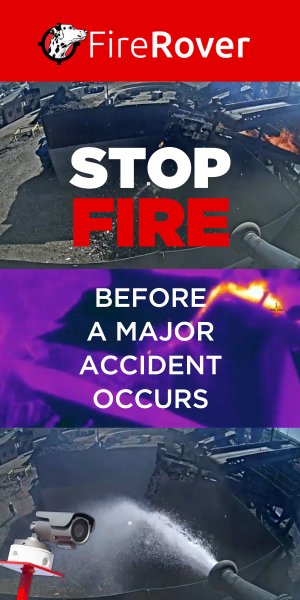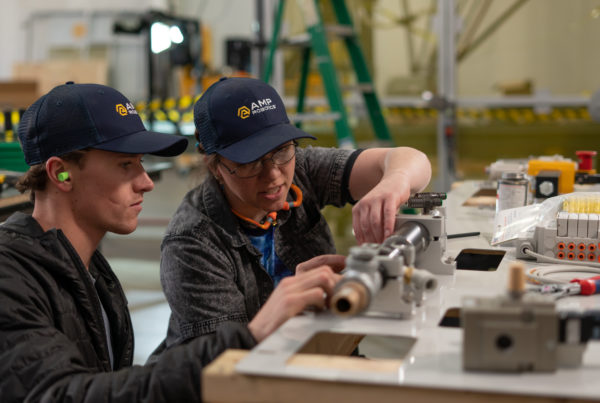Uncovering the Truth Behind EPR
Extended Producer Responsibility (EPR), in which manufacturers facilitate collection systems in cooperation with retailers or other entities, has seen a recent increase in media coverage and legislative activity. Some groups have suggested it as a means to increase recycling, especially of the growing volumes of difficult-to-recycle packaging. At first glance, shifting the responsibility of processing postconsumer products to the manufacturer may seem like an easy solution. However, EPR is not nearly the answer many think it is.
When broadly applied, EPR policy can often disturb a well-functioning recycling supply chain—especially when it is applied to commodities with well-developed markets, such as aluminum, corrugated cardboard, and PET bottles. EPR programs should be reserved for difficult-to-recycle items, for which they can help compensate municipalities and recyclers for separate collection, transportation, and processing systems that exist specifically for these items. As systems and markets mature for these items, the EPR program should then end.

A good example of a successful EPR program is the National Vehicle Mercury Switch Recovery Program (NVMSRP), initiated by the Environmental Protection Agency in 2006. ISRI supported the NVMSRP in partnership with the EPA and the steel and automotive industries. Under the program, auto manufacturers fund the End of Life Vehicle Solutions Corporation (ELVS), which supplies recyclers with buckets to collect mercury switches and covers the cost of shipping the buckets and recycling the mercury. The program also provides indemnification for participants once the switches are packaged and shipped. This type of EPR has been highly successful.
EPR should be an option of last resort—to be used only when it is needed to facilitate the proper recycling of hard-to-recycle items. Better solutions exist for addressing the problem of difficult-to-recycle items before they even reach the recycler. Manufacturers can Design for Recycling™, taking responsibility for designing their packaging and consumer products so they can be more easily recycled in the bin. In addition, manufacturers can use more recycled content in their products, which can also help strengthen the demand for recyclable materials and increase the amount of material successfully recycled. And lastly, public and private partners should embrace consumer education programs that provide information on what should and should not go in the recycling bin.
The recycling industry is essential to the U.S. and global manufacturing supply chain. ISRI will continue to advocate for policies and regulations that support healthy end markets combined with a quality supply stream, upon which successful recycling is dependent.









